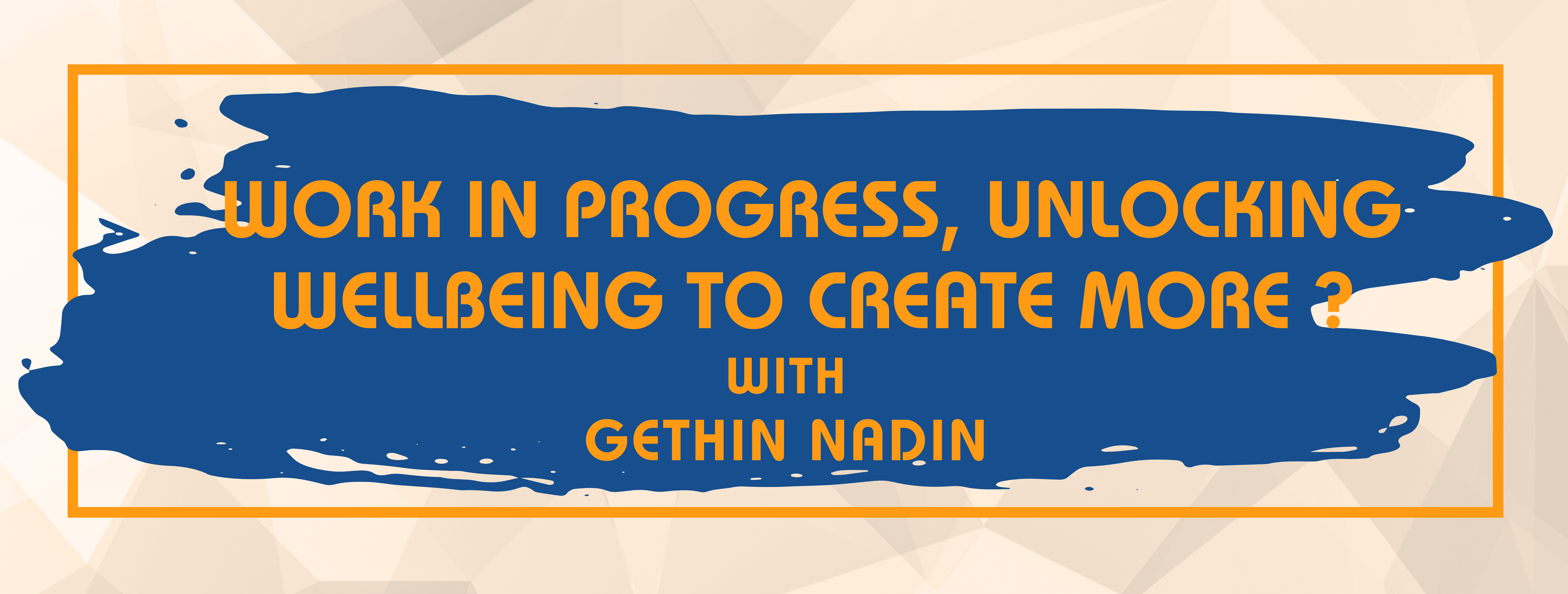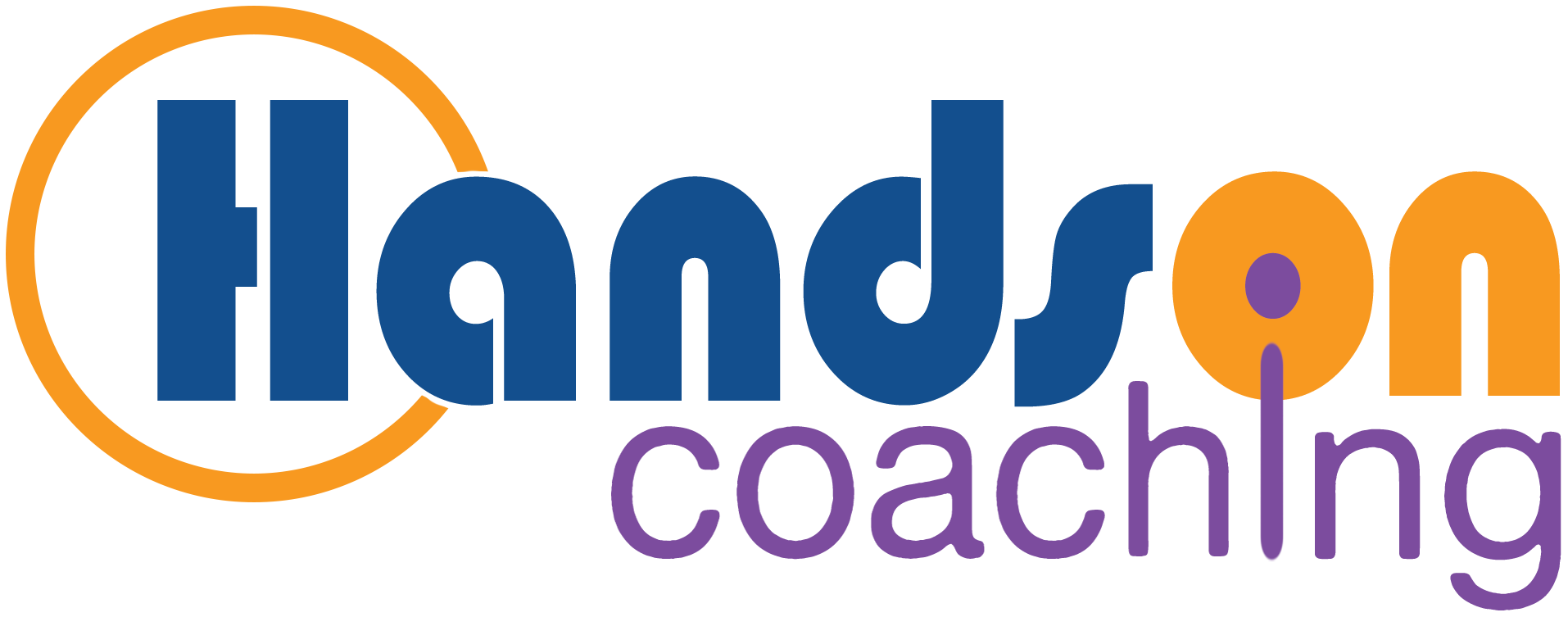
Why Well-being and Leadership Matter More Than Ever
In a world where work consumes a significant part of our lives, the workplace has become a critical factor in shaping our happiness and overall well-being. Gethin Nadin, author of Work in Progress: Unlocking Wellbeing to Create a More Sustainable and Resilient Organisation, sheds light on how organizations can prioritize well-being and effective leadership to create thriving workplaces.
This article distills Gethin’s insights from a thought-provoking webinar during the International Week of Happiness at Work, providing actionable strategies for businesses to elevate their workplace culture.

Why Employee Well-being is the Cornerstone of Success
Organizations can no longer afford to treat employee well-being as a secondary concern. Research consistently shows that well-being is a predictor of organizational success. Gethin emphasizes a three-pronged approach to fostering well-being:
- Organizational Structure: Design work environments that support employees with fair pay, flexibility, and transparent communication.
- Employer Support: Provide resources like mental health services and comprehensive benefits to bridge gaps left by inadequate state support.
- Individual Responsibility: Encourage employees to take ownership of their well-being through healthy habits and work-life balance.
By addressing these areas simultaneously, businesses can unlock higher engagement, productivity, and retention rates.
Leadership: The Hidden Driver of Workplace Happiness
The role of leadership in shaping workplace culture cannot be overstated. Gethin argues that effective leaders act as coaches, inspiring and supporting their teams rather than micromanaging.
Key Leadership Strategies:
- Trust and Autonomy: Empower employees with trust and independence, fostering creativity and ownership.
- Personalized Management: Understand individual team members’ motivations, whether it’s recognition, financial reward, or personal growth.
- Dedicated Time for Leadership: Treat managing people as a full-time role, not an additional task.
Gethin’s personal experience underscores how understanding and addressing employee motivations can make a profound difference in team dynamics and outcomes.
Adapting to Generational Shifts in the Workforce
Generational attitudes towards work are evolving rapidly. Millennials and Gen Z employees prioritize well-being and are more likely to leave roles that don’t align with their values or support their mental health.
Tips for Retaining a Modern Workforce:
- Offer flexible work arrangements and opportunities for career growth.
- Recognize the unique needs of employees and tailor rewards accordingly.
- Foster a culture of openness where employees feel heard and valued.
Organizations that fail to adapt risk losing top talent in an increasingly competitive labor market.
Leadership Training: Building the Leaders of Tomorrow
Promoting the right people into leadership roles requires a shift in how we think about management. Instead of rewarding technical expertise with promotions, organizations must identify leadership potential early and provide training before handing over responsibilities.
Steps to Build Future Leaders:
- Identify employees with natural leadership traits.
- Provide coaching and mentorship to prepare them for managerial roles.
- Support them with ongoing development and feedback to refine their skills.
Gethin’s analogy of managers as sports coaches resonates strongly—leaders should focus on removing barriers for their teams and enabling success.
The Road Ahead: A Work in Progress
Well-being and leadership development are not one-time initiatives; they are continuous processes. As Gethin reflects in his book, the challenges employees face evolve with time, and businesses must remain proactive in addressing them.
Employers that prioritize these areas will not only create happier workplaces but also drive long-term success in a rapidly changing world.
Building a Workplace for the Future
Gethin Nadin’s journey and insights provide a blueprint for organizations striving to create a more sustainable, resilient, and happy workforce. By focusing on well-being and leadership, businesses can unlock their full potential while fostering a culture of growth and support.
Are you ready to transform your workplace? Start by reimagining well-being and leadership today!
